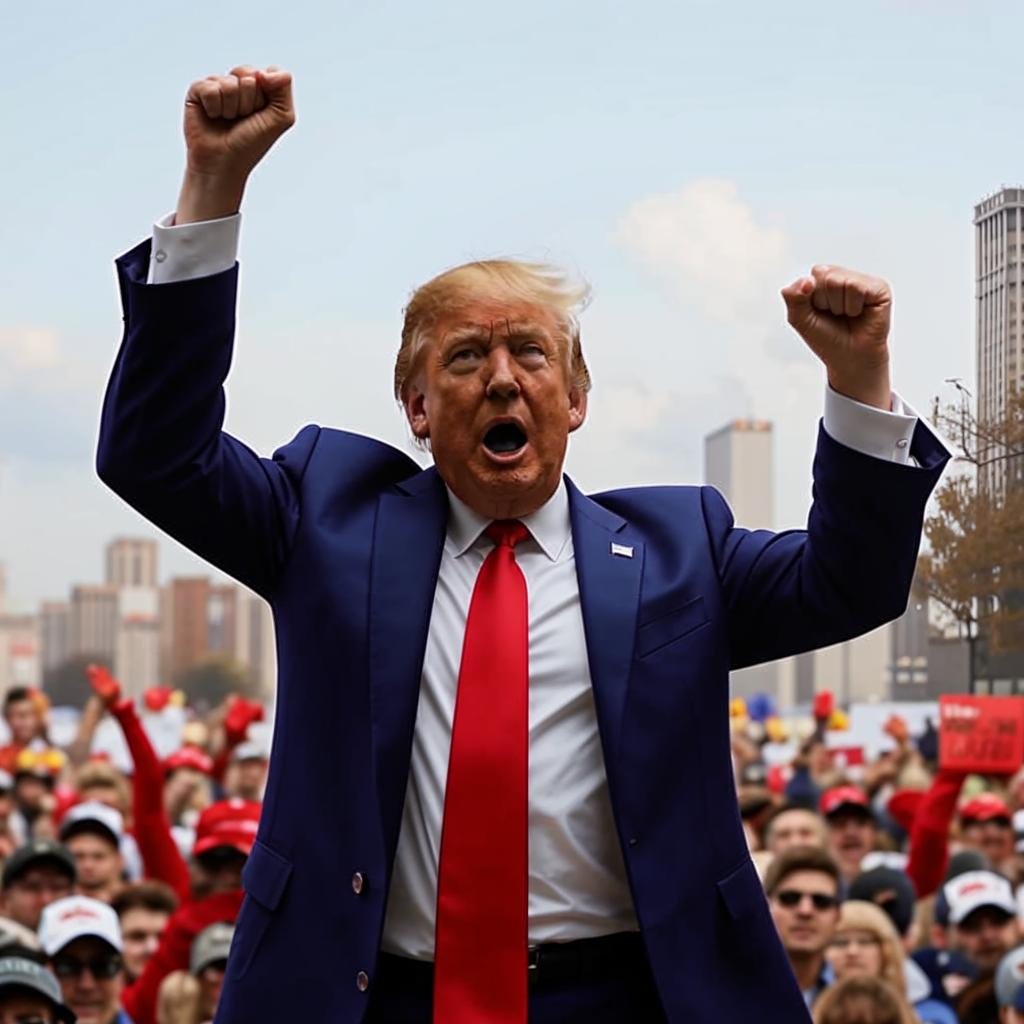Trump’s renewed emphasis on tariffs is creating a complex situation, potentially undermining his promises of economic prosperity for American businesses and consumers. His proposals for across-the-board import taxes, amplified during recent campaign events, stand in stark contrast to traditional Republican stances on free trade and open markets.
These tariffs, designed to protect domestic industries and generate revenue, risk triggering retaliatory measures from key trading partners, including China and Europe. Such trade wars could disrupt supply chains, raise consumer prices, and harm American exporters dependent on foreign markets.
The economic consequences are further complicated by the current inflationary environment. Imposing new tariffs would likely exacerbate price pressures, offsetting efforts by the Federal Reserve to control inflation and potentially slowing economic growth.
Moreover, Trump’s reliance on tariffs may alienate traditional Republican voters who have historically supported free trade policies. His populist appeal, centered on protecting American jobs, is now clashing with the potential for increased costs and economic disruption, creating a challenge for his campaign strategy. The complexities of global trade and the interconnectedness of the modern economy mean that Trump’s tariff proposals carry significant risks and could ultimately undermine his broader economic objectives. The collision between campaign promises and economic reality will be a key issue as the election approaches.














